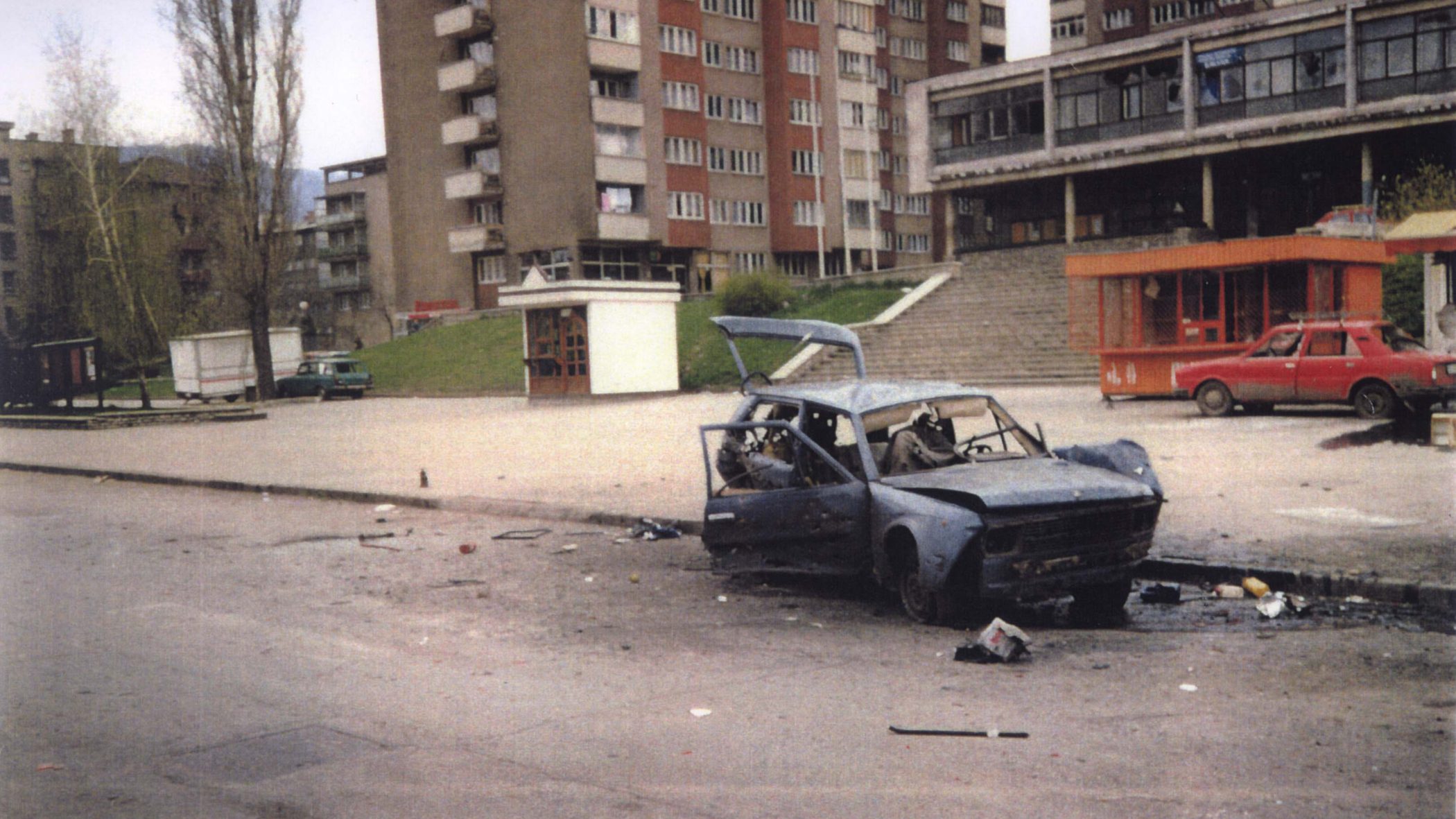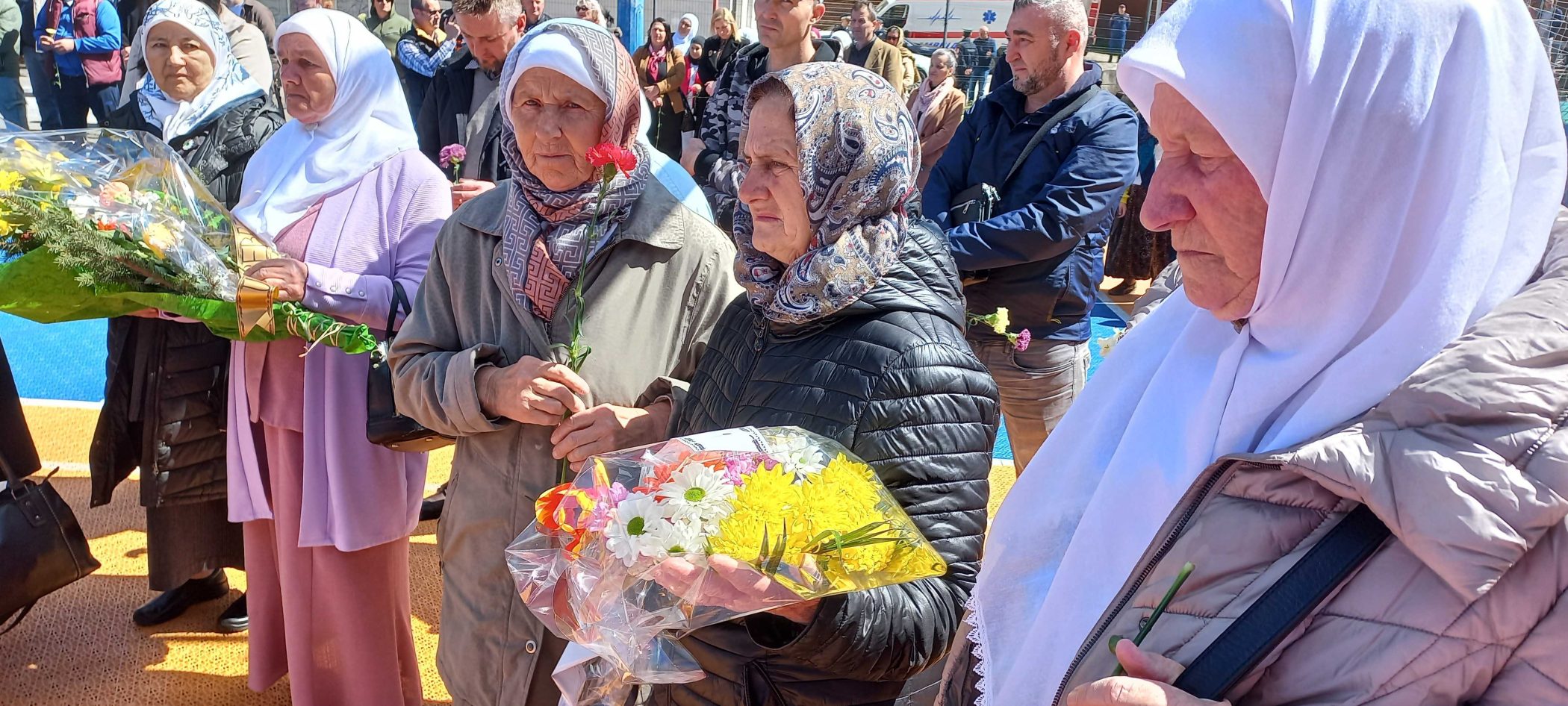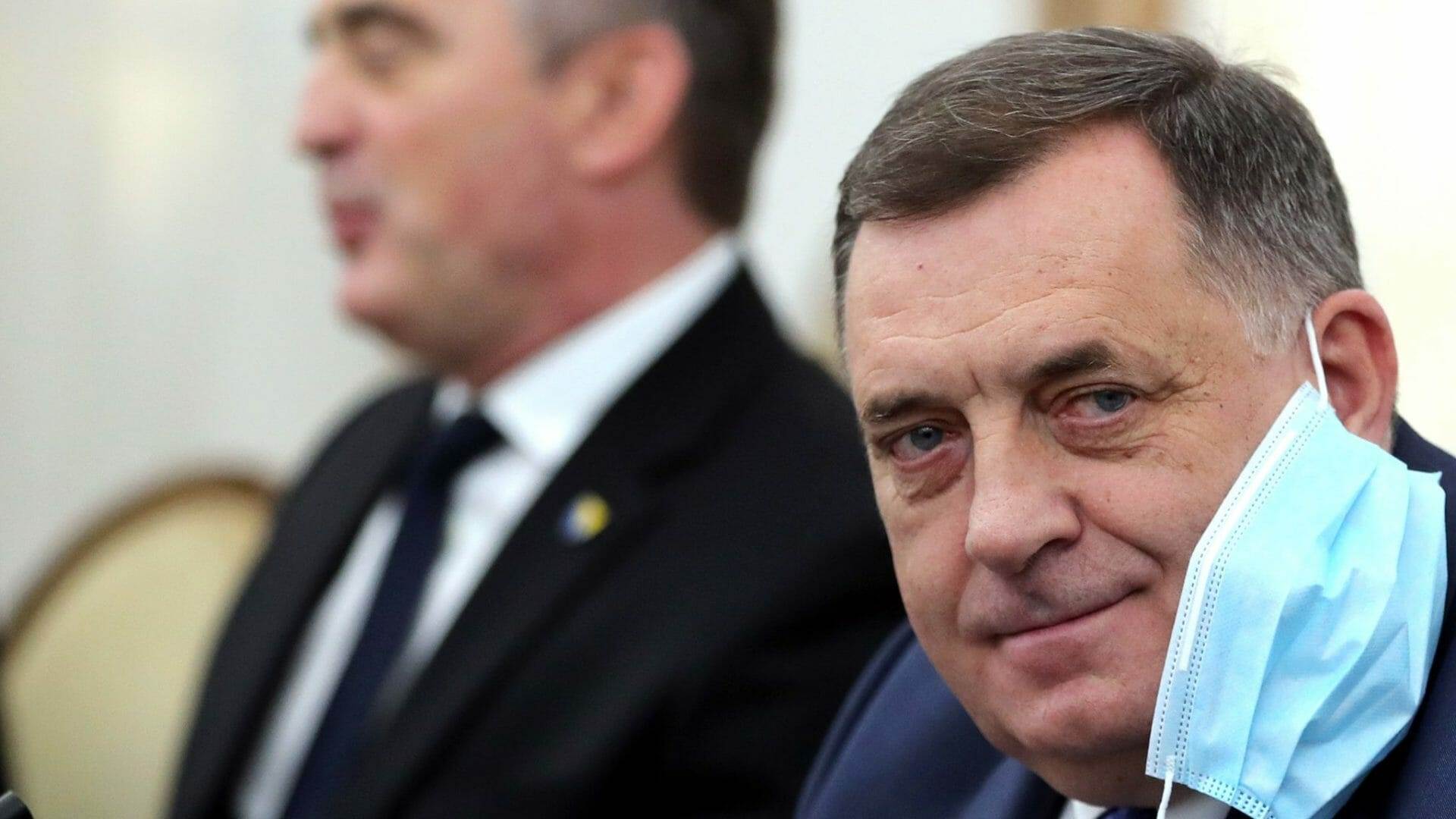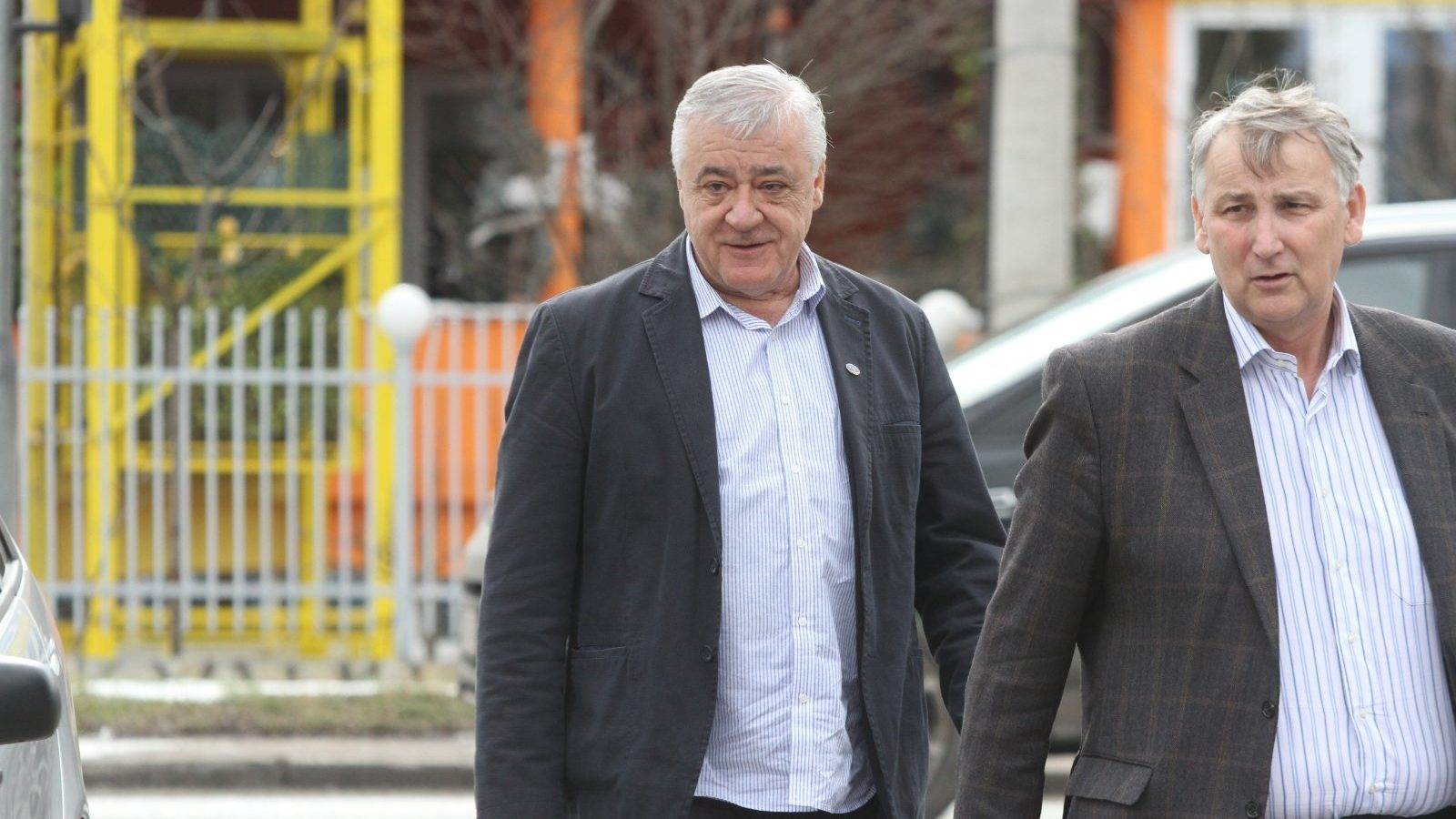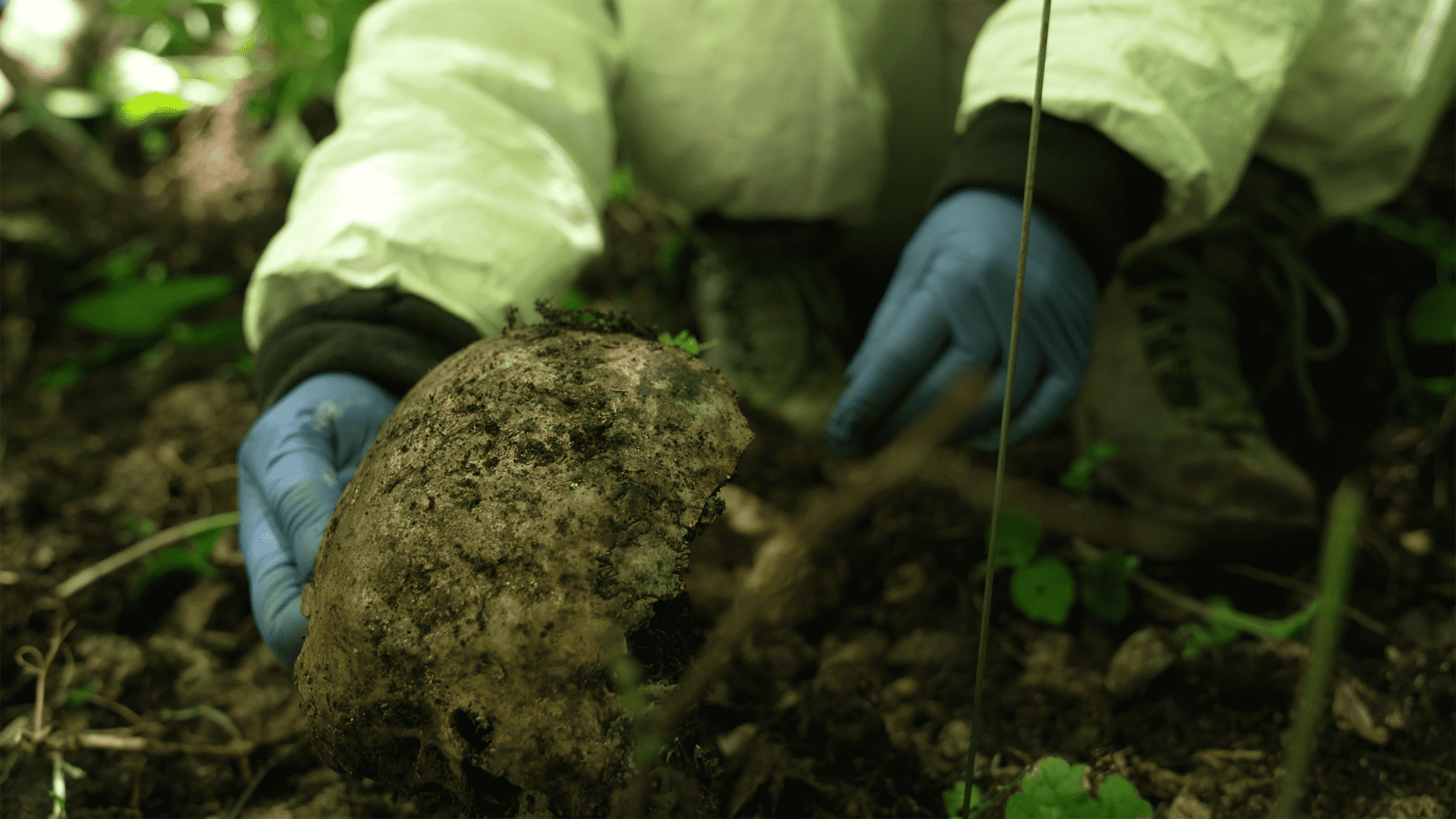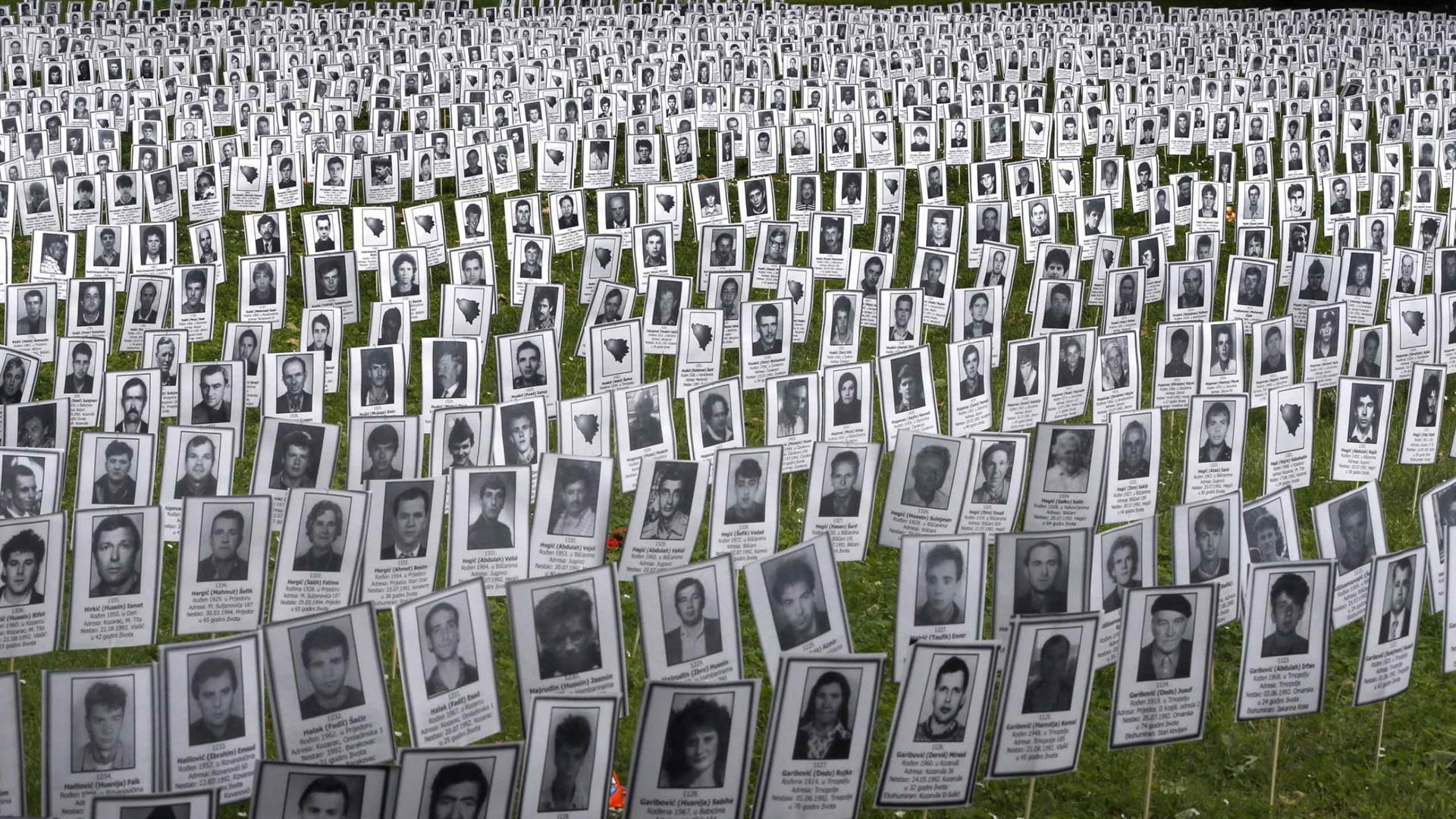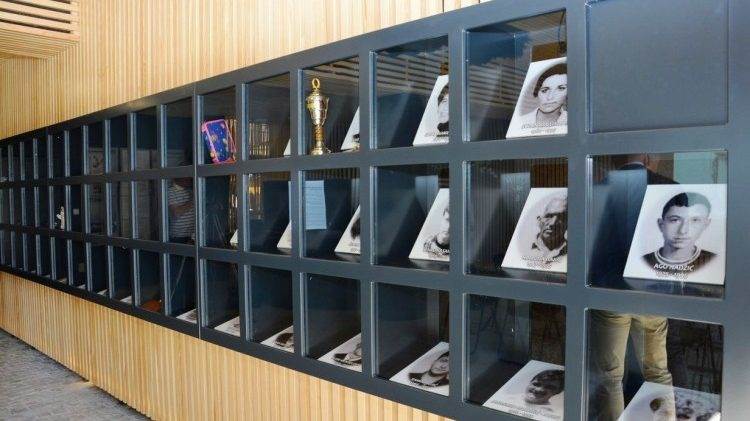Three decades ago, two-year-old Sandro was among 71 people who were killed when a shell fired from Bosnian Serb Army positions hit a youth gathering in the city of Tuzla....
Representatives of a Russian organisation founded by Vladimir Putin and under EU sanctions for financing the war against Ukraine attended a ceremony in Visegrad to honour Russian fighters killed in...
Tributes have been paid to the victims of an artillery strike on the Bosnian town of Zenica in April 1993 that left 15 people dead, including a child – an...
A memorial ceremony was held to mark the 30th anniversary of an artillery attack from Bosnian Serb Army positions on a school playground in Srebrenica that killed 105 Bosniak civilians.
Legal changes banning the denial of genocide, imposed by Bosnia and Herzegovina’s top international official, caused the Bosnian Serb leadership to threaten to pull out of the country’s tax system,...
The disappearance of Bosnian Serb Army general Milomir Savcic, who is on trial for assisting the Srebrenica genocide, is the latest in a series of incidents in which war crimes...
The Missing Persons Institute of Bosnia and Herzegovina has said it assumes the remains belong to a Bosniak woman who was buried in Potocari in 1995.
Bosnian war survivors want former Bosnian Serb military chief Ratko Mladic to be found guilty this week of genocide in five Bosnian municipalities in 1992 as well as genocide in...
On the anniversary of the Bosnian Serb Army’s shelling of the city of Tuzla, which left 71 dead in May 1995, parents of children who were killed praised the Kapija...


